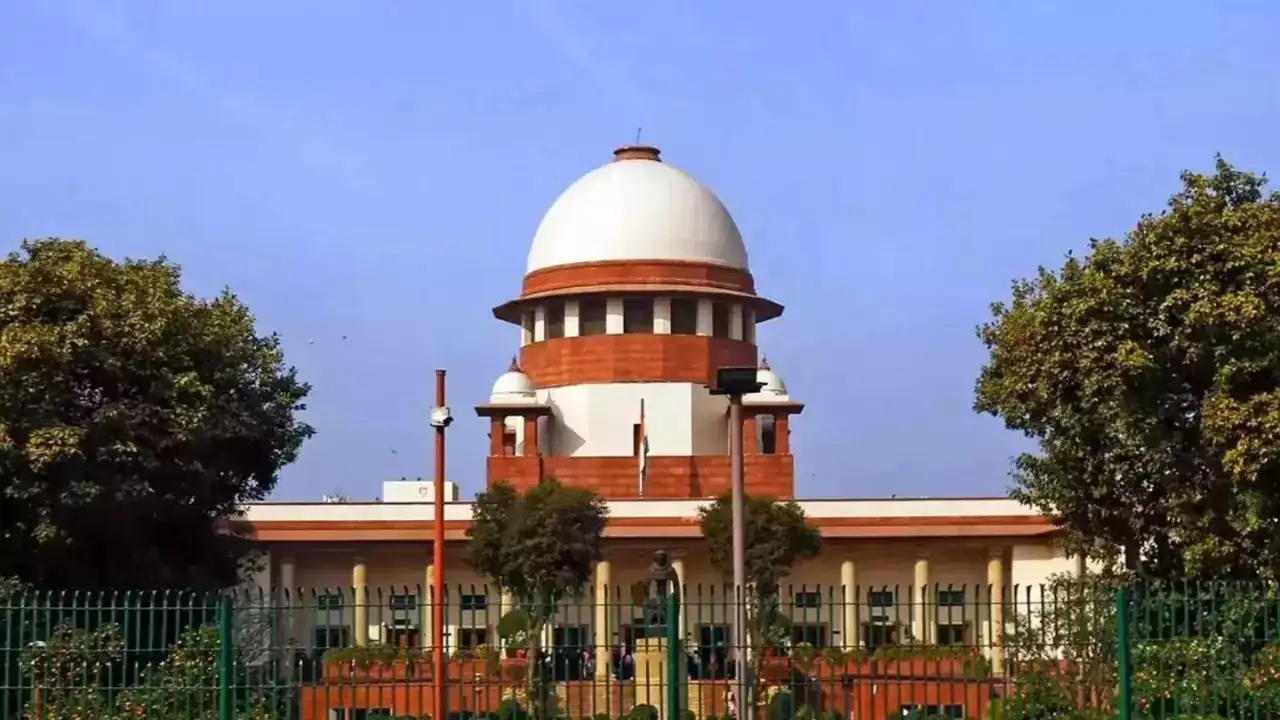NEW DELHI: After half a century and several rounds of litigation, Supreme Court approved on Wednesday an April 30, 1974, decision of the collector of Dadra and Nagar Haveli to rescind the erstwhile Portuguese govt’s grant of possession rights over land to Indians for cultivation.What rankled a bench of Justices Surya Kant, Dipankar Datta and N K Singh was that even after 78 years of Independence the highest court is engaged in resolving disputes relating to rights conferred by colonial powers, which exploited India’s wealth and resources.Dadra and Nagar Haveli was liberated from Portuguese occupation in 1954 and was integrated with India in 1961 as a Union Territory.Certain persons were granted inheritable possession rights over vast tracts of land in Dadra and Nagar Haveli by Portuguese govt for an indefinite period, subject to payment of annual rent. Over a century, these landowners’ progeny have divided these lands between them.Indian govt in 1969 rescinded the lands allotted by Portuguese govt and reverted these to administration. These were challenged before Bombay HC.During pendency, D&N Land Reforms Regulation, 1971, was brought in, which stipulated that land allotted by Portuguese govt to persons should have been cultivated regularly.The collector found the land uncultivated and took back the land by an order of April 30, 1974.This was challenged in the trial court by heirs of people who were given possession of land. Trial court quashed the collector’s order in June 1978.Govt appealed against this in HC, which ruled that a 1963 ruling of Lisbon court on rights of such allottees cannot serve as a precedent for Indian courts and govt, in exercise of its sovereign powers, can exercise its powers to resume land allotted by an erstwhile colonial govt.Dismissing appeals against the hcourt’s decision and writing a 79-page judgment, Justice Kant said, “The appellants’ pleas of waiver, acquiescence, delay, impossibility, and condonation have no legal or factual basis, and none of these principles render the Collector’s order, dated April 30, 1974, unsustainable.”“The Collector’s order was not tainted by mala fides and cannot be construed as having been passed with the intent to disentitle the appellants from the statutory benefits under the 1971 Land Reforms Regulation,” the bench said.
Portuguese-era case resolved by Supreme Court 78 yrs after Independence













